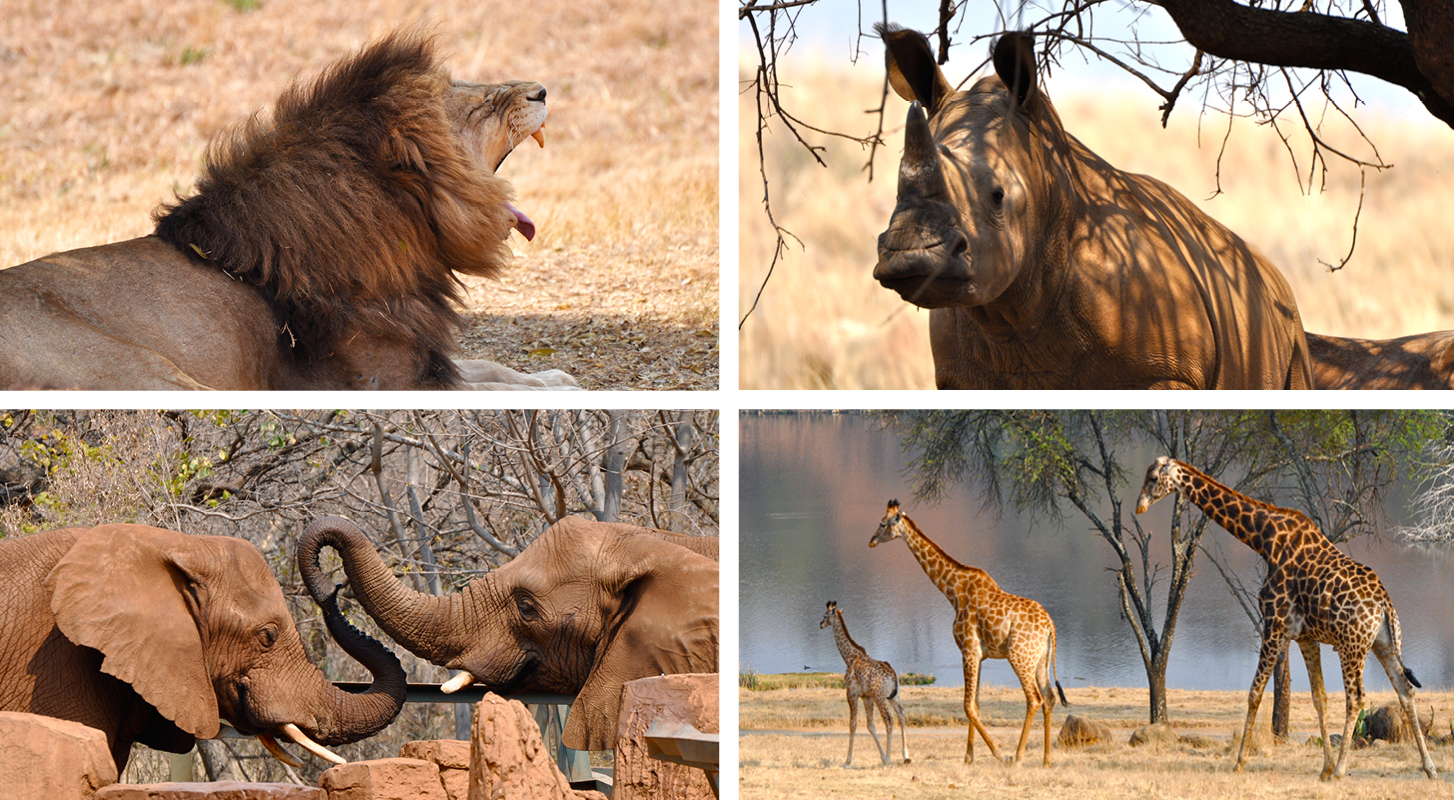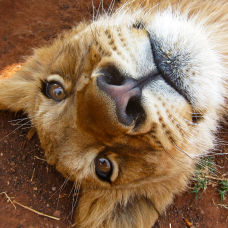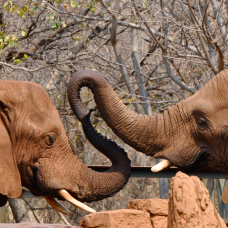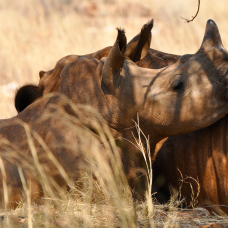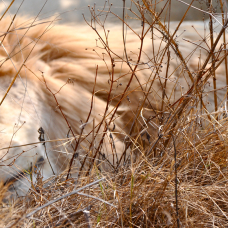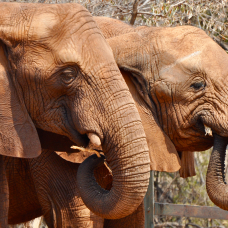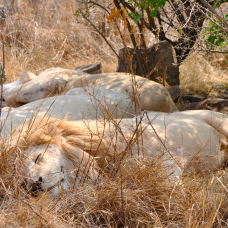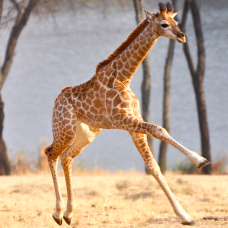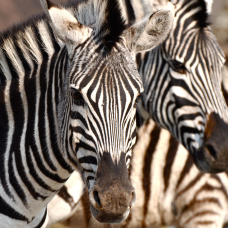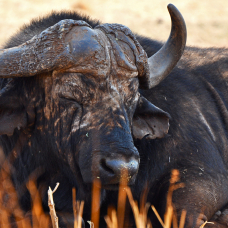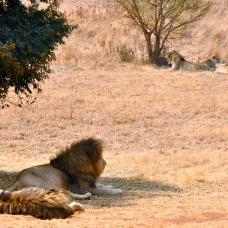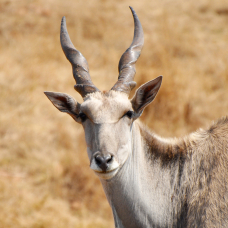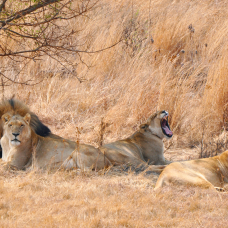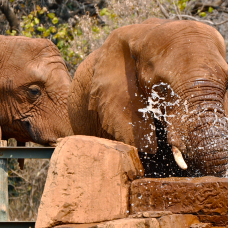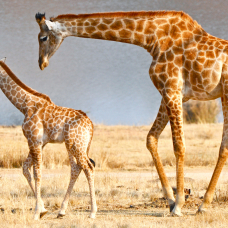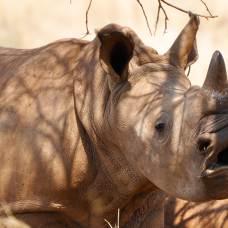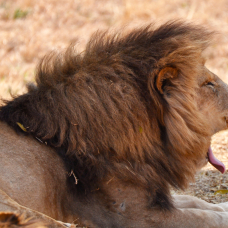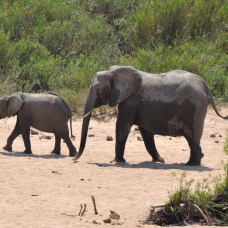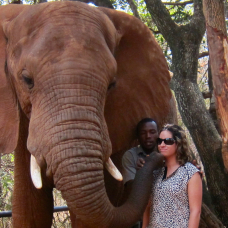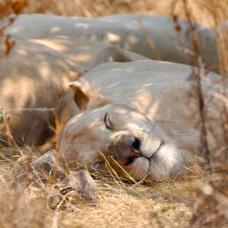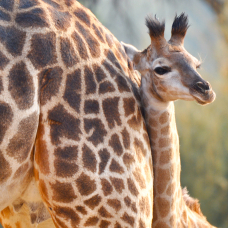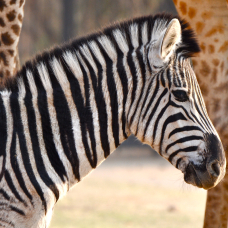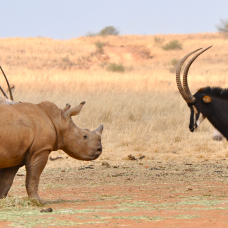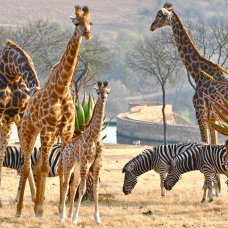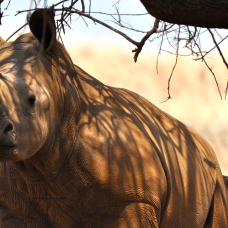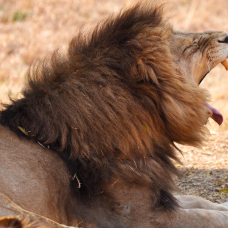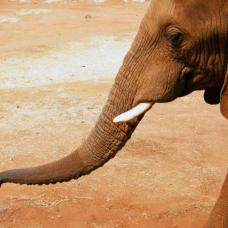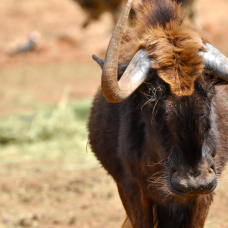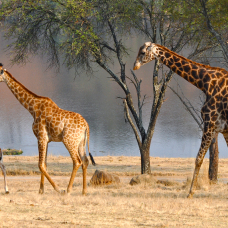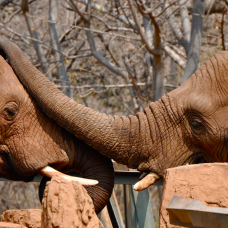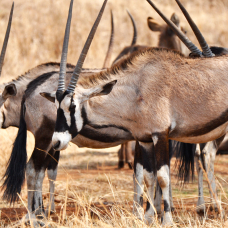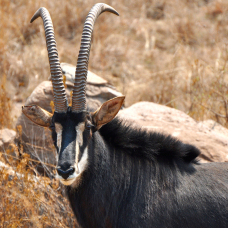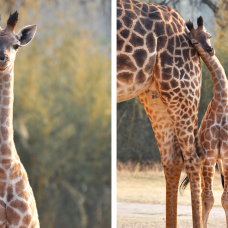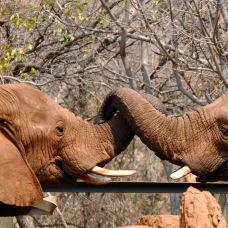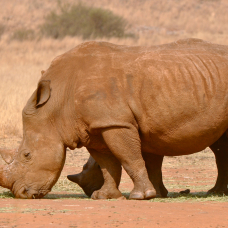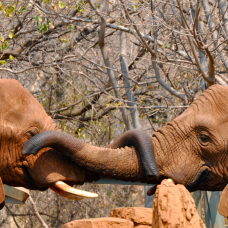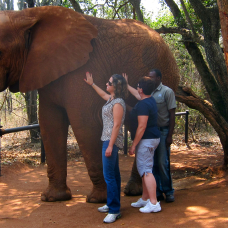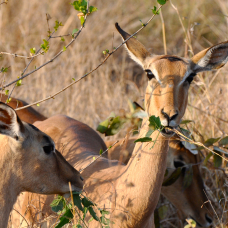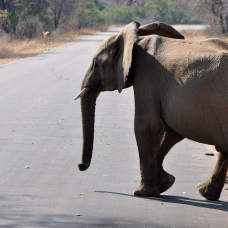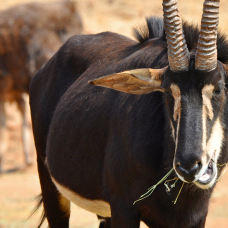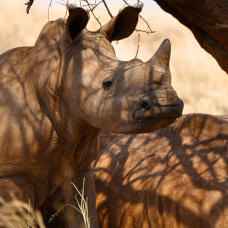Thursday Thoughts
There are a few different blog series I want to start, with the first being Thursday Thoughts. Content will range from recently read articles to new destinations. The main purpose of these is to get YOU to share your thoughts. We all have stories and feedback that can benefit someone else + I would love to hear from you!
Cecil the Lion
I posted on Instagram and Facebook for #WorldLionDay and #WorldElephantDay but want to share more about it here.
What happened?
It’s been over a month since we learned about the killing of the big cat, which has unleashed global outrage. I’m disgusted by photos that have surfaced, showing a smiling Walter Palmer (dentist from Minneapolis) posing with not only Cecil the Lion’s body after he baited and killed him in Zimbabwe but also a menagerie of animals killed with his bow and arrow.
As much as I hate looking at these pictures and reading these stories, I feel like I need to share it.
People need to know what’s going on – and this isn’t right. Having a permit to hunt lions is one thing (a thing I think is very wrong as well) but luring Cecil out of Hwange National Park, where he was protected, with bait to the area you do have the permit for is ridiculous and illegal.
Why is it so important?
The fact is trophy hunting is a big thing across Africa though and this isn’t the first time a lion was killed illegally. I don’t agree with it, and am a huge animal lover + would never hunt or hurt an innocent animal. So, what makes Cecil so important? Not only was he famous, attracting many visitors from all over the world to visit Zimbabwe’s national park, but along with another lion they watched over two prides. It’s not just that one lion was killed (which is terrible enough, especially in the way it happened) but you have to think about the impact of his death and how it will affect the prides future + safety.
“It’s not the first time a lion has been killed illegally around Hwange National Park in northwestern Zimbabwe, a reserve known for its rich wildlife. About a dozen lions in the region were killed illegally in recent years, Stapelkamp said, and no one was caught.
“I think this was just the final straw,” Stapelkamp told The Associated Press in a phone interview from the Hwange reserve. “Everyone locally just thought, no ways, we’re not letting anyone get away with this anymore.”
Cecil had an intriguing story, making him a celebrity in Hwange. He arrived as a kind of lion refugee, alone and wandering after being displaced from another territory. Cecil befriended another male lion, Jericho, and together they grew and watched over two prides, one with three lionesses and seven cubs and another with three lionesses.
The satellite collar on Jericho has been sending normal signals, indicating the lion is alive and moving around, Stapelkamp said. But Cecil’s killing will have an impact on the area, explained Stapelkamp, a field researcher for an Oxford University study on lions.
Jericho may not be able to hold their territory alone and could be chased away by rival lions. Unprotected, the lionesses and cubs would then be under threat and also move away or be killed. Safari operators who invested millions of dollars in the area would lose one of their biggest attractions for tourists.”
For more: Man studied Cecil
Protecting Wildlife
How can you help?
Education & awareness. To help preserve lions, and all wildlife, into the future we have to educate not only local governments, but fellow travelers and encourage them to only take a camera into the wild and to only visit these beautiful animals in their native habitats, out amongst the rolling African savanna. It really is magnificent. Go on safari and “shoot” thousands of photos. Enjoy the wildlife, but there’s no need to bring home a trophy.
If you’re visiting a sanctuary be on the lookout for abuse, the animals are supposed to be living in peace. Remember, many hotels will sell packages to you and then get a kick back . It is in their best interest to tell you what they think you want to hear.
Education is the most powerful way to change people’s opinions. Your voice is the most powerful thing you have to help these animals. Use it. People need to be aware of what’s going on, spread the word.
My experience
Wildlife conservation is very important to me and I try to support it in every way I can, from donations to worthy charities to making informed choices when I travel. The sad fact is that although everyone seems to love the lion, the population is drastically decreasing. In 1975 there was an estimated 250,000 lions in Africa, yet today the continent wide population stands at 25 – 30,000 individuals due to habitat loss, poaching and trophy hunting.
Visiting South Africa in 2013, I traveled all over the country and went to several national parks, going on safaris + animal sanctuaries. From lions, elephants and rhino to zebra, antelope and giraffe, all these animals are in their natural environment… in the wild as they should be. Humans have to remember that, it’s their home that you’re visiting. Respect them. There are so many stories on poaching, trophy hunting and abuse. What makes us think we have the right to treat an innocent animal like that? I don’t understand it. High on my list is returning to Africa to do volunteer work.
For all pictures: click on one to bring up a slideshow gallery
Aren’t these animals stunning? Sadly, they are among the most sought after by poachers and trophy hunters.
Your turn
Have you been to Africa? If so did you go on a safari and/or visit an animal sanctuary? What do you think about trophy hunting? Share your story + thoughts.
Today’s tidbit
“You know you are truly alive when you’re living among lions.” ― Karen Blixen


